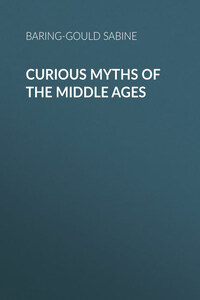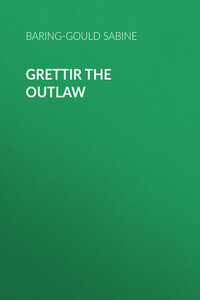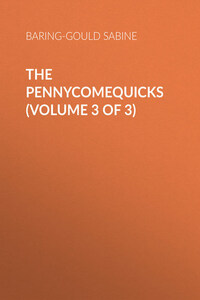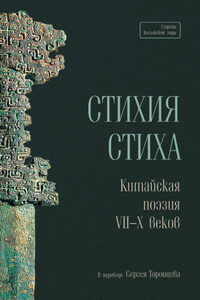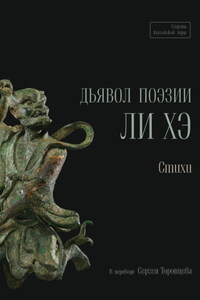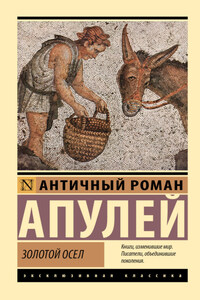CHAPTER XIX
LITTLE JOHN NOBODY
Giles Inglett Saltren had promised his mother to say nothing to any one of what had been told him, but the temptation had come strongly upon him to tell Arminell that he was not the nobody she and others supposed, and he had succumbed in the temptation. He and the girl had interests in common, sympathies that drew them together, and he felt that it would be of extraordinary benefit to her, and a pleasure to himself, if, in that great house, where each was so solitary, they could meet without the barrier which had hitherto divided them and prevented the frank interchange of ideas and the communication of confidences. Later on in the evening, it is true, that he felt some twinges of conscience, but they were easily stilled.
Jingles had greatly felt his loneliness. He had been without a friend, without even a companion. He could not associate with those of his mother’s class, for he was separated from them by his education, and he made no friends in the superior class, from the suspicion with which he regarded its members. He had made acquaintances at college, but he could not ask them to stay at Chillacot when he was at the park, nor invite them as guests to Orleigh; consequently, these acquaintanceships died natural deaths. Nevertheless, that natural craving which exists in all hearts to have a familiar friend, a person with whom to associate and open the soul, was strong in Jingles.
If the reader has travelled in a foreign country – let us say in Bohemia – and is ignorant of the tongue, Czech, he has felt the irksomeness of a table d’hôte at which he has sat, and of which he has partaken, without being able to join in the general conversation. He has felt embarrassed, has longed for the dinner to be over, that he might retire to his solitary chamber. Yet, when there, he wearies over his loneliness, and descends to the coffee-room, there to sip his café noir, and smoke, and pare his nails, and turn over a Czech newspaper, make up his accounts, then sip again, again turn over the paper, re-examine his nails, and recalculate his expenditure, in weariful iteration, and long for the time when he can call for his bill and leave. But, if some one at an adjoining table says, “Ach! zu Englitsch!” how he leaps to eager dialogue, how he takes over his coffee-cup and cognac to the stranger’s table; how he longs to hug the barbarian, who professes to “speaque a littelle Englitsch.” How he clings to him, forgives him his blunders, opens a thirsty ear to his jargon, forces on him champagne and cigars, forgets the clock, his nails, his notes, the bill and the train, in the delight of having met one with whom he can for a moment forget his isolation.
If this be so when meeting with a foreigner, how much more cordial is our encounter with a pleasant Englishman. We at once seek out links of connection, to establish the fact of our having mutual acquaintances.
So did the impulse come on Saltren and overpower him. There was a community of ideas between him and Arminell: and he was swept away by his desire to find a companion, into forgetfulness of the promise he had made to his mother.
That he was doing wrong in telling the girl a secret, about which he had no right to let a hint fall without her father’s knowledge and consent could hardly be hid from his conscience, but he refused to listen, and excused himself on grounds satisfactory to his vanity. It was good for Arminell herself to know the relationship, that she might be able to lean on him without reserve. Giles Inglett Saltren had been very solitary in Orleigh. He had not, indeed, been debarred the use of his mother-tongue; but he had been unable to give utterance to his thoughts; and of what profit is the gift of speech to a man, if he may not speak out what is on his mind? The young are possessed with eager desire to turn themselves inside out, and to show every one their internal organisation. A polypus has the same peculiarity. It becomes weary of exposing one surface to the tide, and so frankly and capriciously inverts itself, so that what was coat of stomach becomes external tissue, and the outer skin accommodates itself to the exercise of digestive functions. Young people do the same, and do it publicly, in society, in a drawing-room, in unsympathetic company. As we grow older we acquire reserve, and gradually withdraw our contents within ourselves, and never dream of allowing any other surface to become exposed to the general eye, but that furnished us by nature as our proper external envelope.
The young tutor had his own crude, indigested notions, a mind in ferment, and an inflamed and irritable internal tissue, and he naturally and eagerly embraced the only opportunity he had of inverting himself.
Then, again, a still mightier temptation operated on Jingles, the temptation which besets every man to assume the rôle of somebody, who has been condemned to play the part of nobody, when an opening is given.
There is a poem in Percy’s Reliques, that represents the grievances of the common Englishman at the time of the Reformation, who dislikes the change that is going on about him, the introduction of novelties, the greed that masqueraded under the name of religion: and every verse ends with the burden, “But I am little John Nobody, and durst not speak.”

